This post is also available in: Español (Spanish) Português (Portuguese)
Dota, Costa Rica, is home to beautiful rainforests, expansive mountain ranges and rich coffee. But Dota is more than a travel destination – it’s also where members of the W.K. Kellogg Foundation’s Global Fellows Network (GFN) and the Costa Rica Chapter of the International Coaching Federation(ICF) launched the CO-ACT (Connect, Collaborate and Act) Leadership Pilot Program.
Since March 2024, as an Ignite Project of the ICF Foundation, CO-ACT has connected GFN members and entrepreneurs from a community where a fellow works with coaches from the ICF to connect, collaborate and act collectively, helping them build thriving communities. CO-ACT also develops coaches’ cultural competency skills.
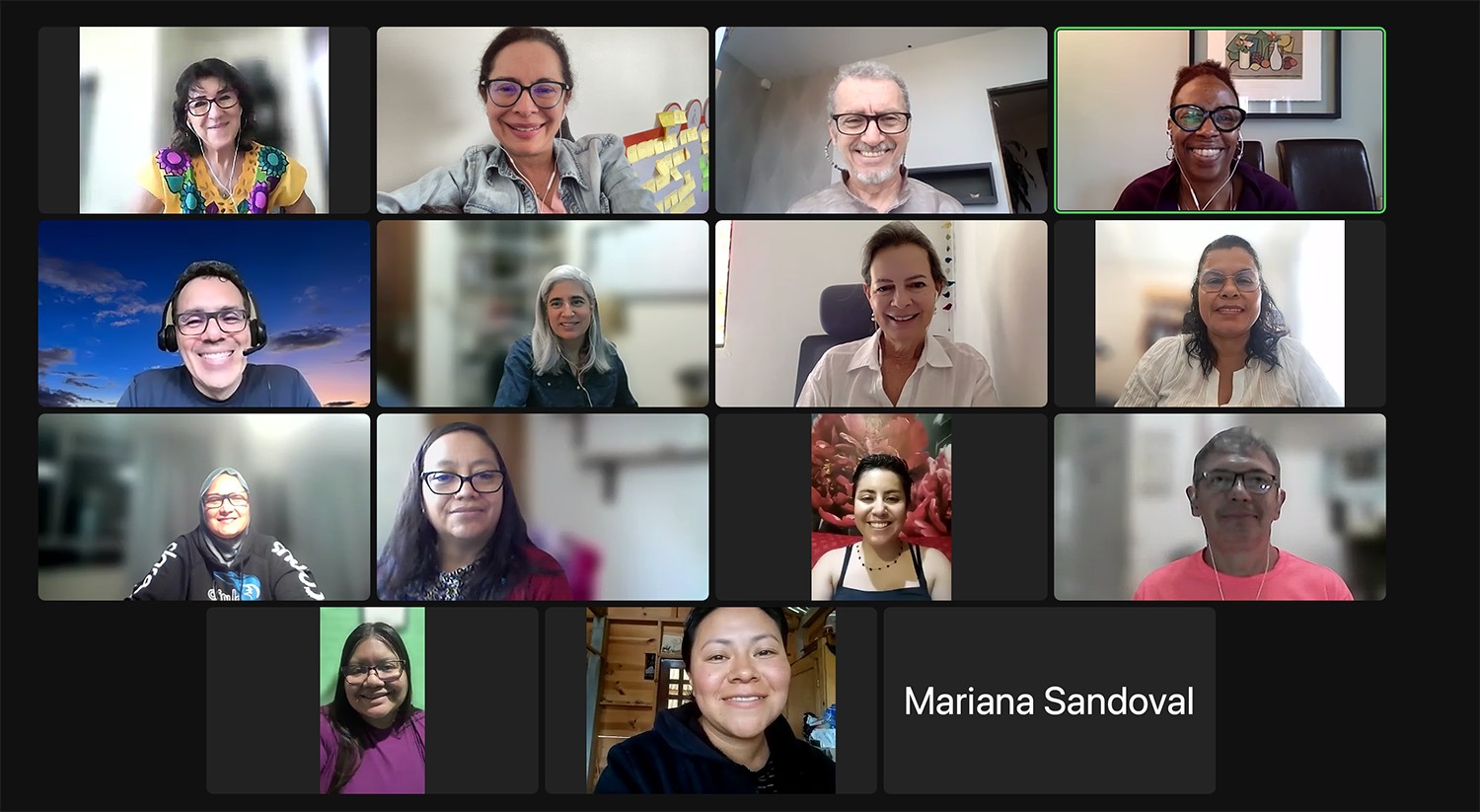
The idea for the program was sparked during conversations at the W.K. Kellogg Foundation’s 2023 Global Leadership Forum in Johannesburg, South Africa. Prior to attending, Maria Sáenz had been looking for a way to weave together her work as a fellow and her coaching with ICF.
“I started to think, ‘What could I do to unite both communities?’ There are fellows and leaders in communities who want to strengthen their leadership skills, and many ICF coaches work with the corporate sector and wish to have more of a social impact. How can we build that bridge between the two and bring the coaching tools to the fellows’ world and the communities they serve?” she wondered.
Inspired by the African philosophy of Ubuntu — the idea that we are all connected — Sáenz and other fellows at the Global Leadership Forum explored how to put this belief into action. Their conversations led to a pilot coaching program for GFN members in Latin America and the Caribbean supporting vulnerable communities.
The program brought together global fellows, local businesswomen, and professors and students from Costa Rica’s National University – School of Geographic Sciences for half a dozen individualized coaching sessions over several months. The impact was immediate — participants strengthened their connection to themselves, passion for service, self-care practices and communication skills; deepened their leadership development; and took tangible steps to support their communities.
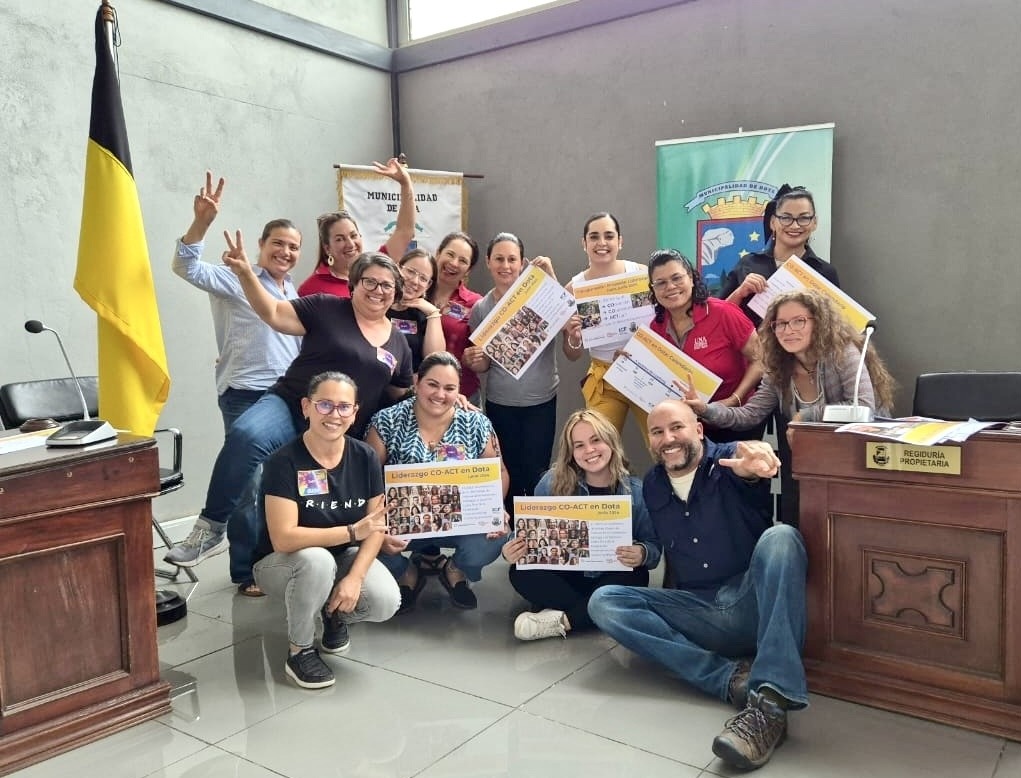
For fellow and academic Meylin Alvarado, who had been focused on researching tourism’s impact on Costa Rica’s rural communities, CO-ACT helped her rediscover a passion for advocacy. “I reconnected with my passion. Nothing is more valuable or important than working directly with people in communities. I decided to return to my roots as a leader of community outreach projects. I wish I had done coaching years ago,” she said.
Elizabeth, a member of the DOTA business community, said, “Discovering a wonderful world with people who inspire you, who give you confidence and who understand you is the most important thing. It helps you be better. I want to thank and motivate everyone to continue growing with this wonderful project, as it’s a way to help others. We all need someone who listens to us and understands us.”
In surveys, fellows and leaders reported that they left the experience feeling better prepared to balance work and life in a healthy way, reduce their workload through organization and delegation, and rethink the obstacles preventing them from moving forward in their work.
Ninety percent believed that the coaching helped them achieve their goals and have a positive impact in their communities and their organizations.
The success of the Dota pilot drove rapid growth. “Now we have a model that is transferable to other countries. We’re ready to bring it to other spaces,” said Sáenz.
Fellow Marco Sosa, who is both a doctor and hospital consultant, was essential in developing the CO-ACT program. He co-designed the pilot and took part as a “coachee.” Shanaaz Maijet, a coach as well as Marco’s fellowship classmate and close friend for three decades, learned about the pilot during the Johannesburg forum.
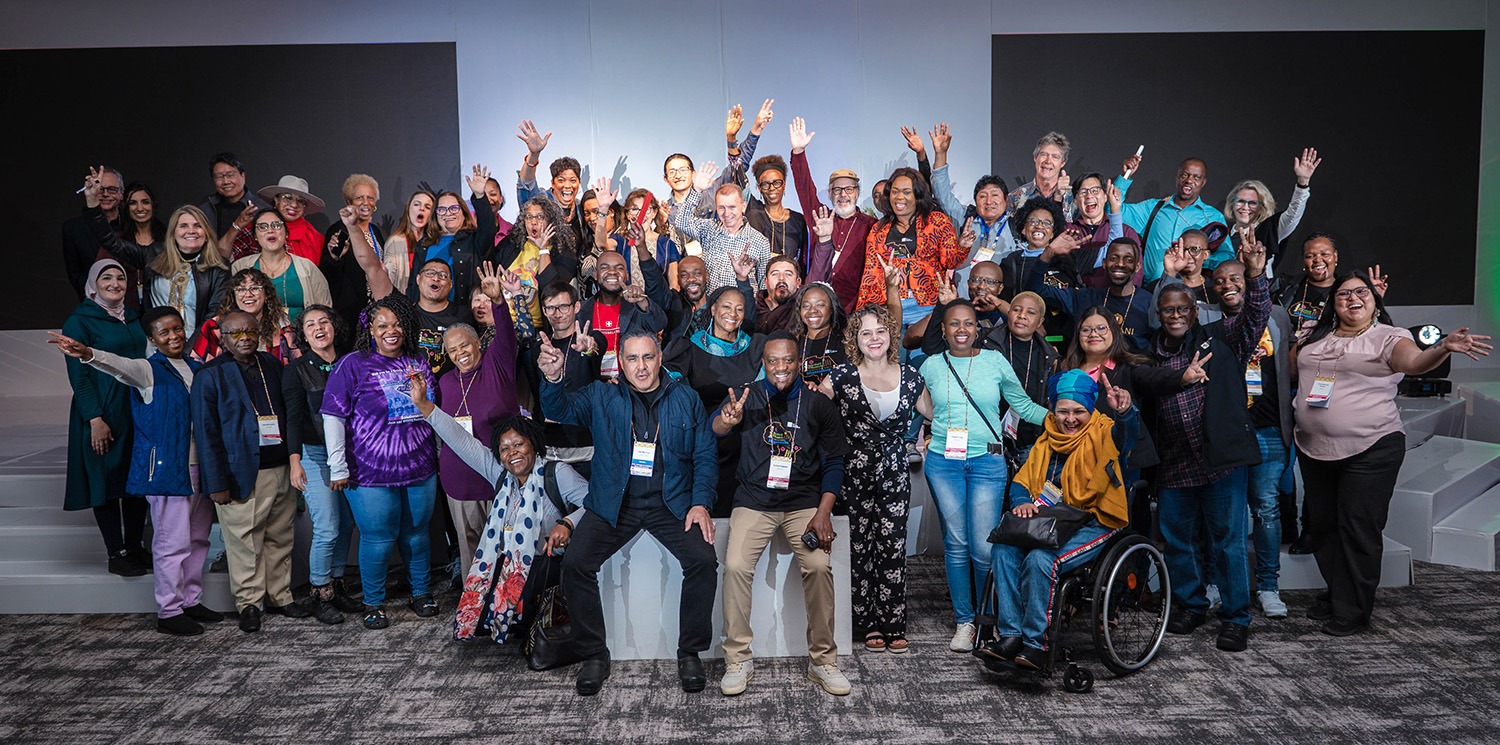
“I told Marco, ‘I want in.’ The W.K. Kellogg Foundation has made me a global citizen and instilled in me a sense of duty to make a difference with my participation,” said Maijet. “What attracted me to CO-ACT is that collaboration is often used as a concept, and we’re doing it badly. We need to build skills across intergenerational leaders to do it better.”
Sosa and Sáenz identified a fellow and PhD student from Mexico, Ulsía Urrea, who could work with Maijet over three months. Despite taking place entirely through video conference, the coaching experiment proved incredibly successful.
This year, Maijet will be rolling out the CO-ACT program to serve young women looking for work in South Africa, while Sosa and Sáenz are exploring alliances to expand the program further into the U.S. and more countries in Latin America.
“I was born in the mission of the Kellogg Foundation ‘to help others help themselves,’ and I still believe in that,” says Sosa. “That’s what CO-ACT is: helping others and helping ourselves.”
Related Links:
● The Power of Multigenerational Leadership – Video

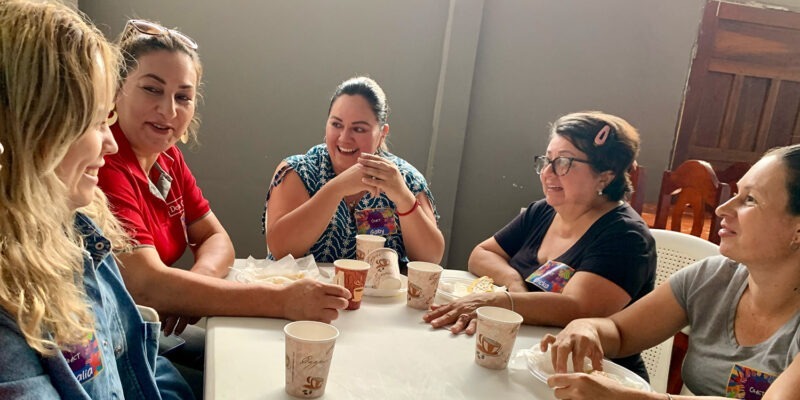

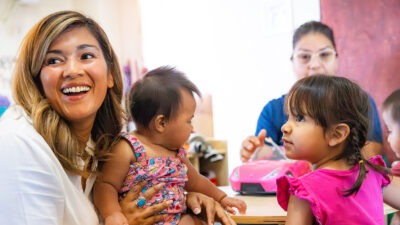
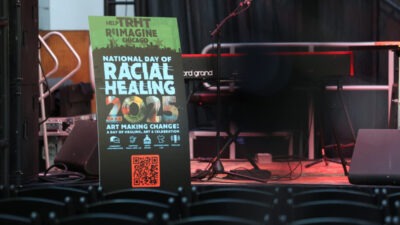
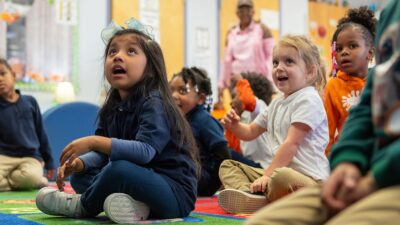
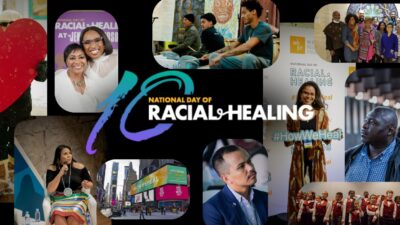
Comments